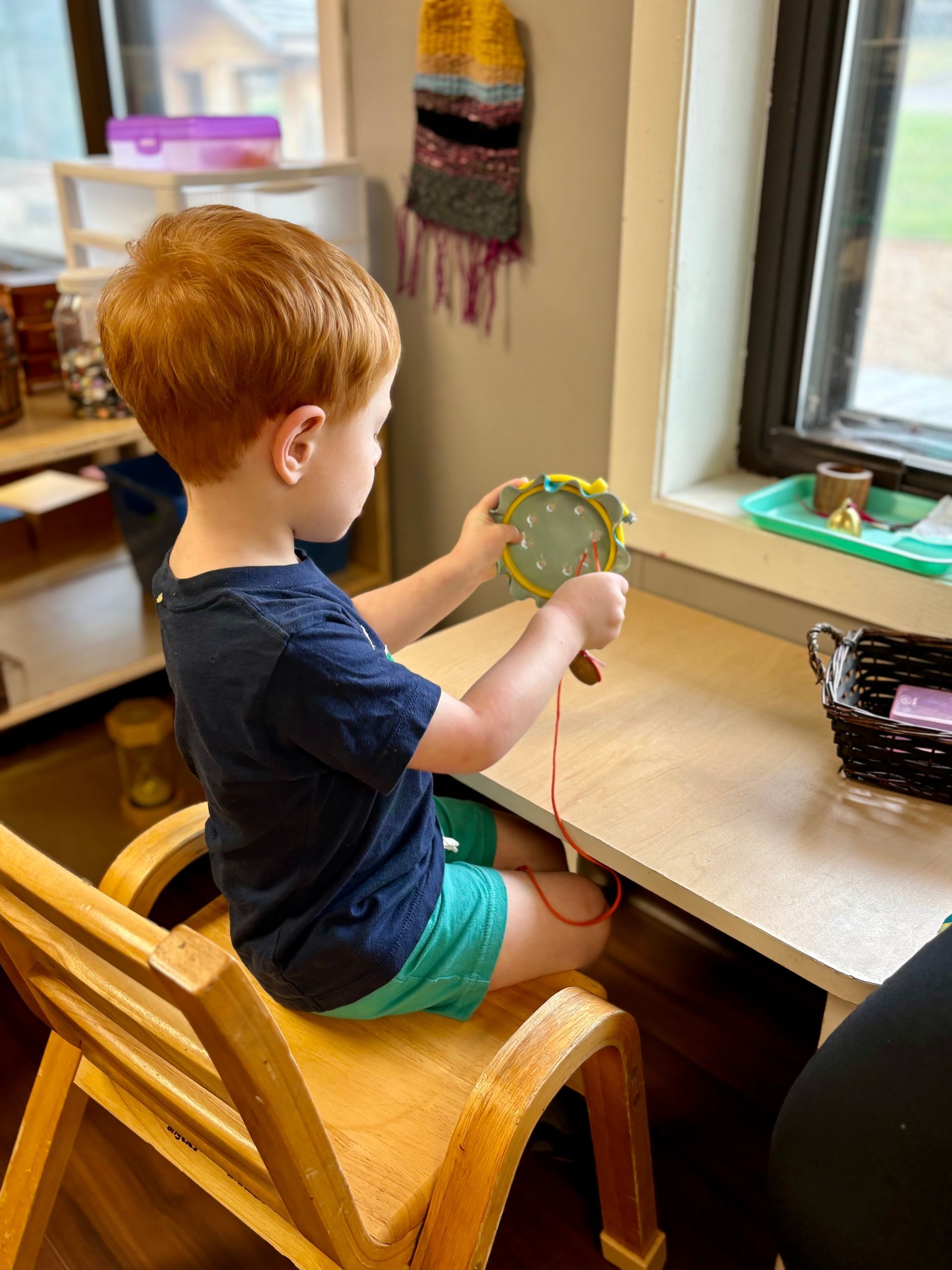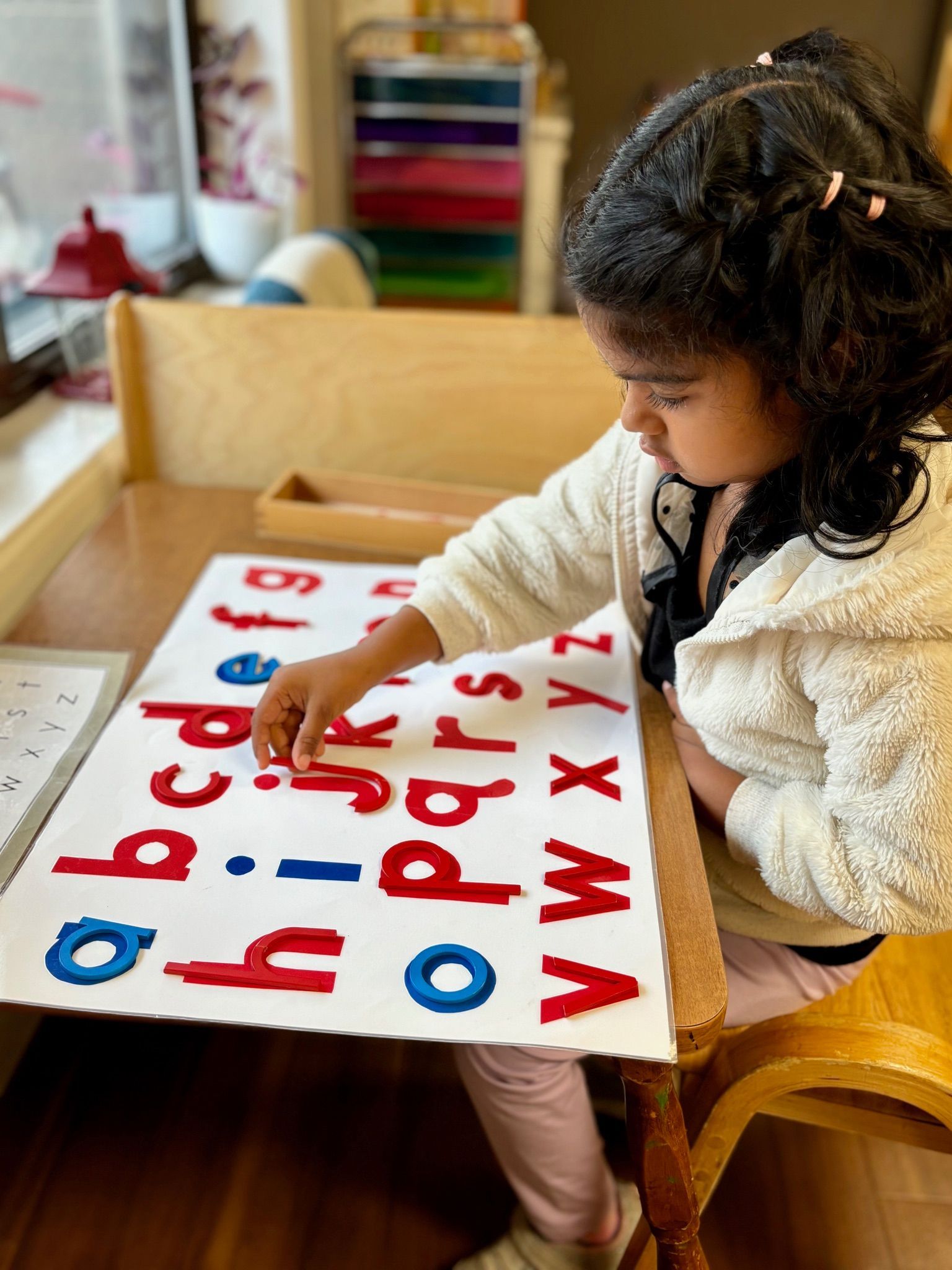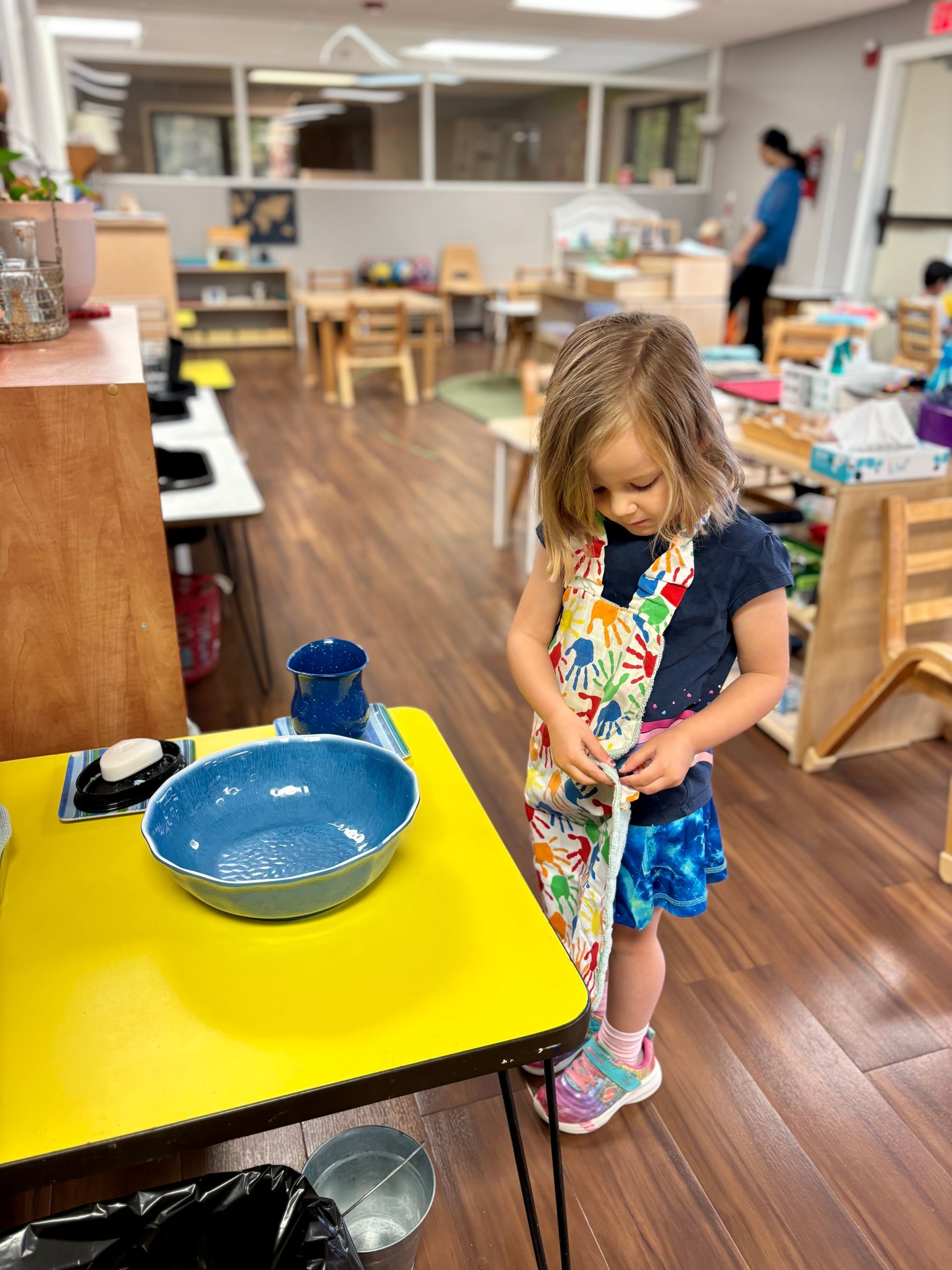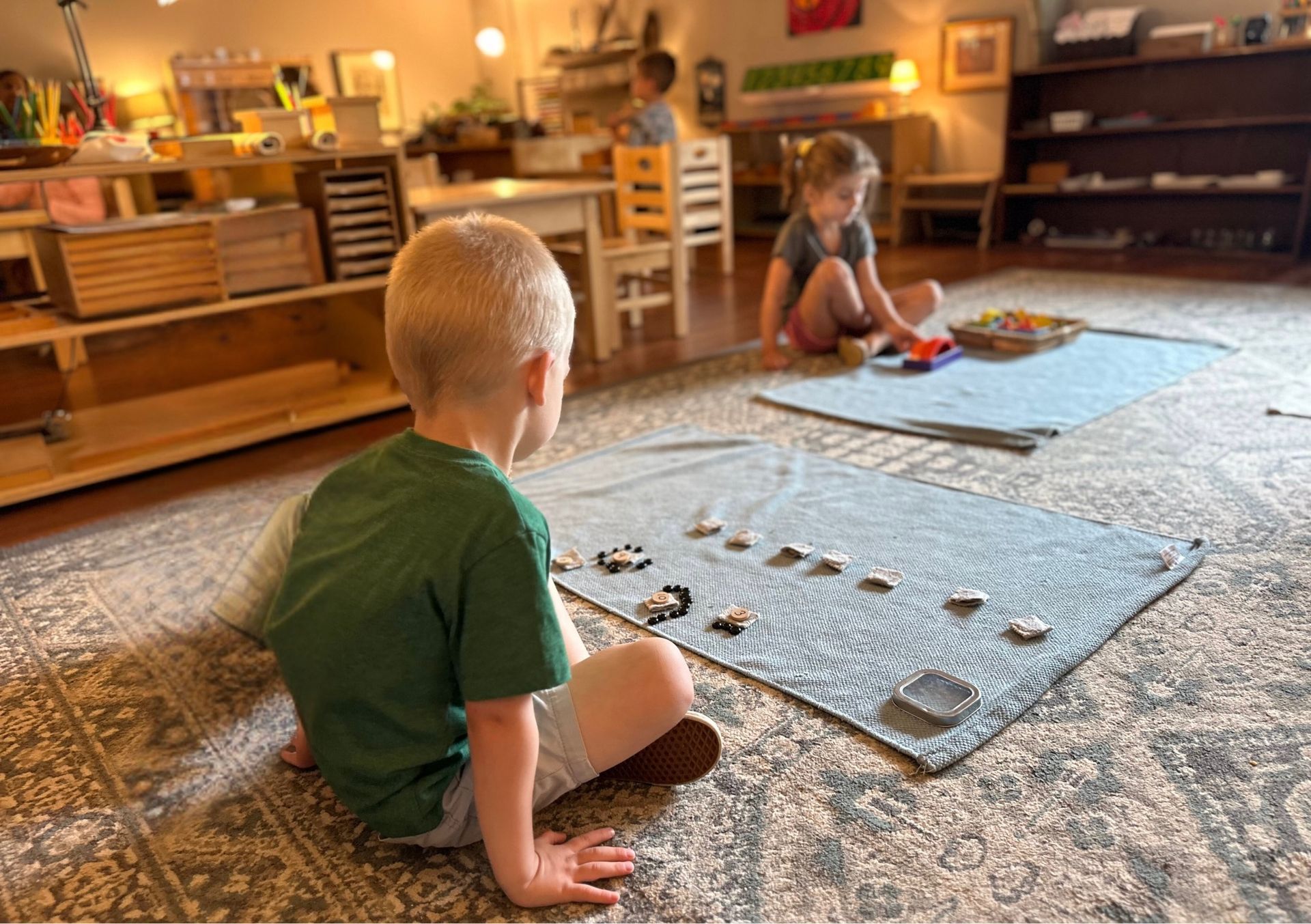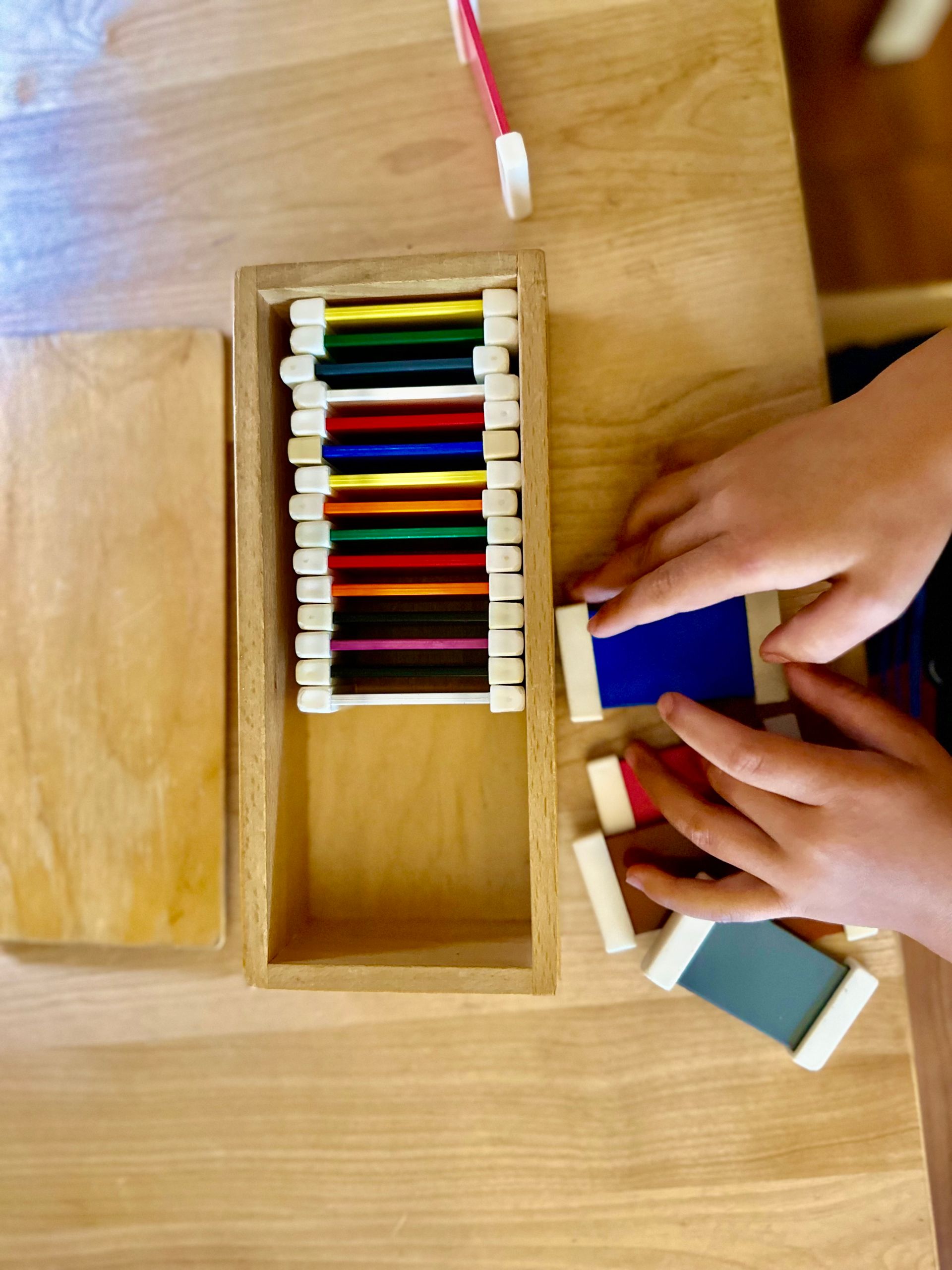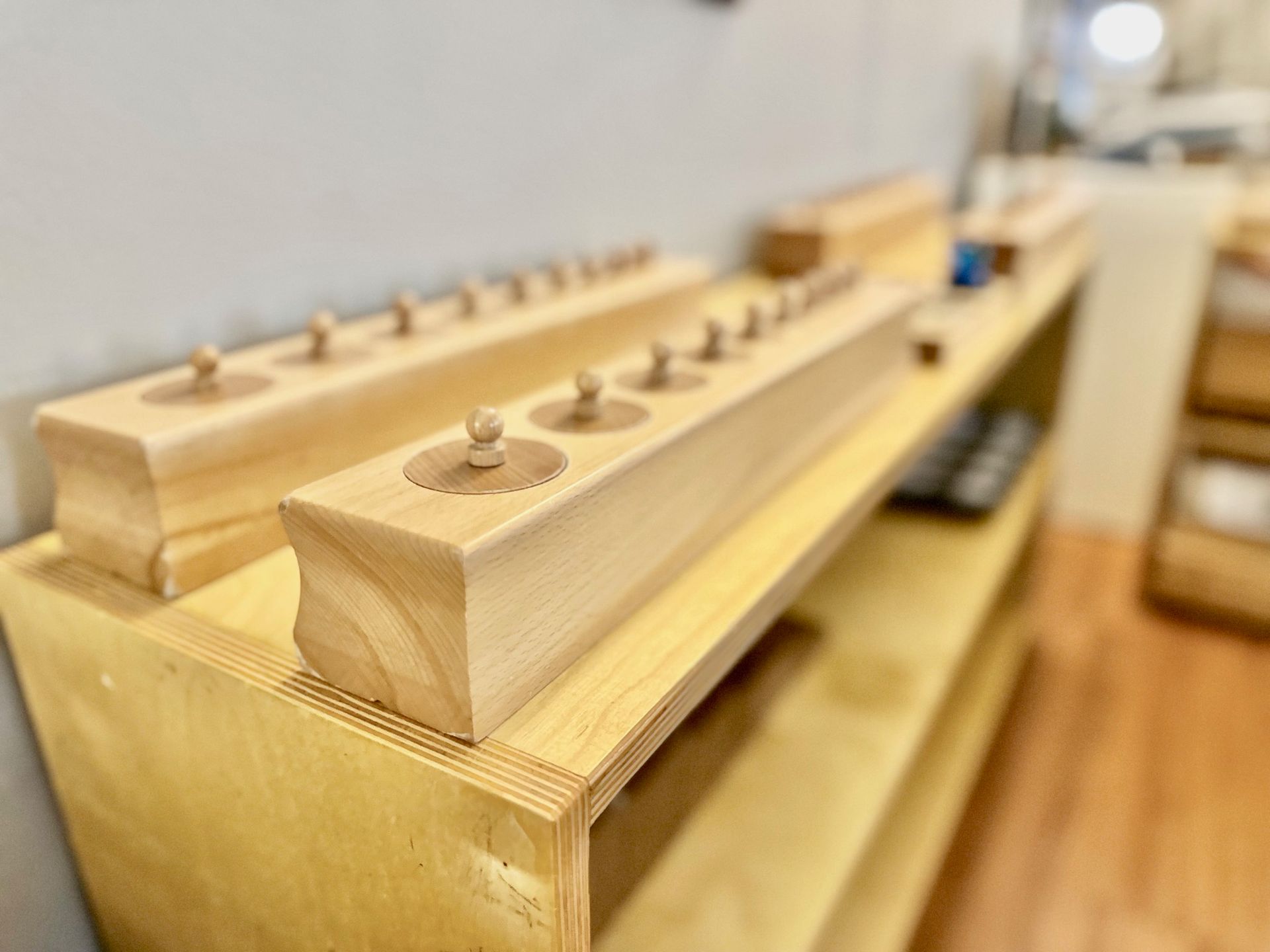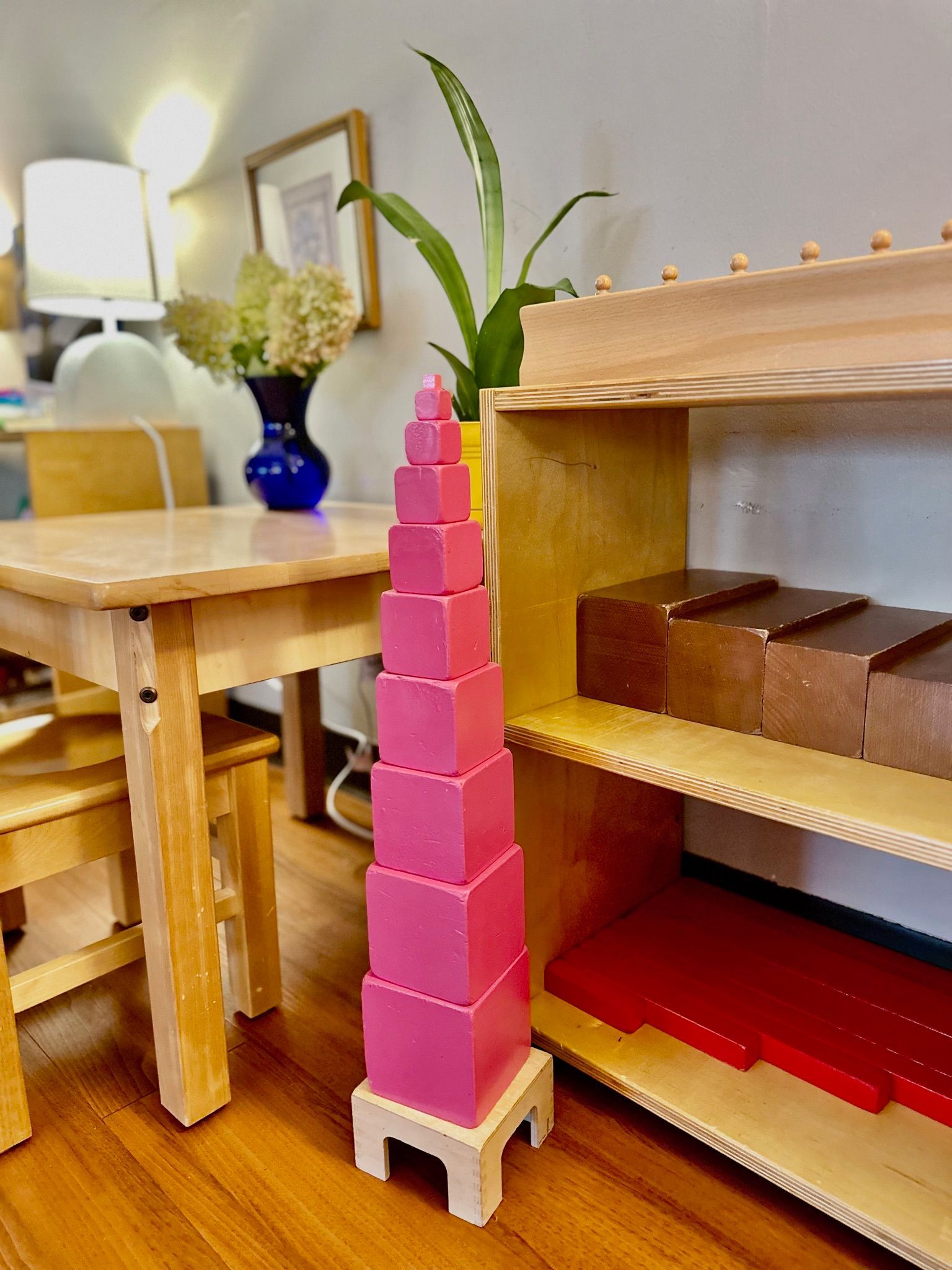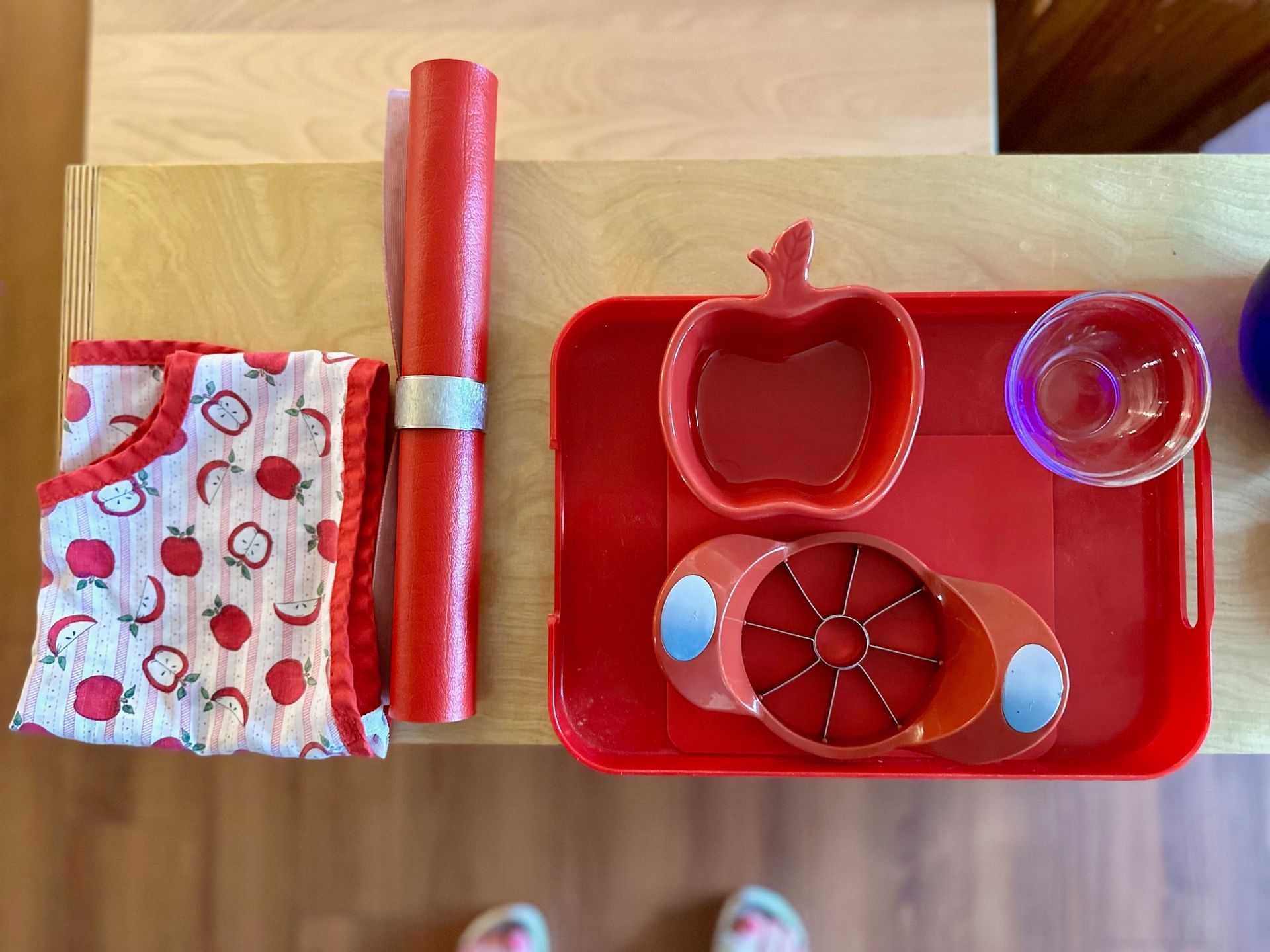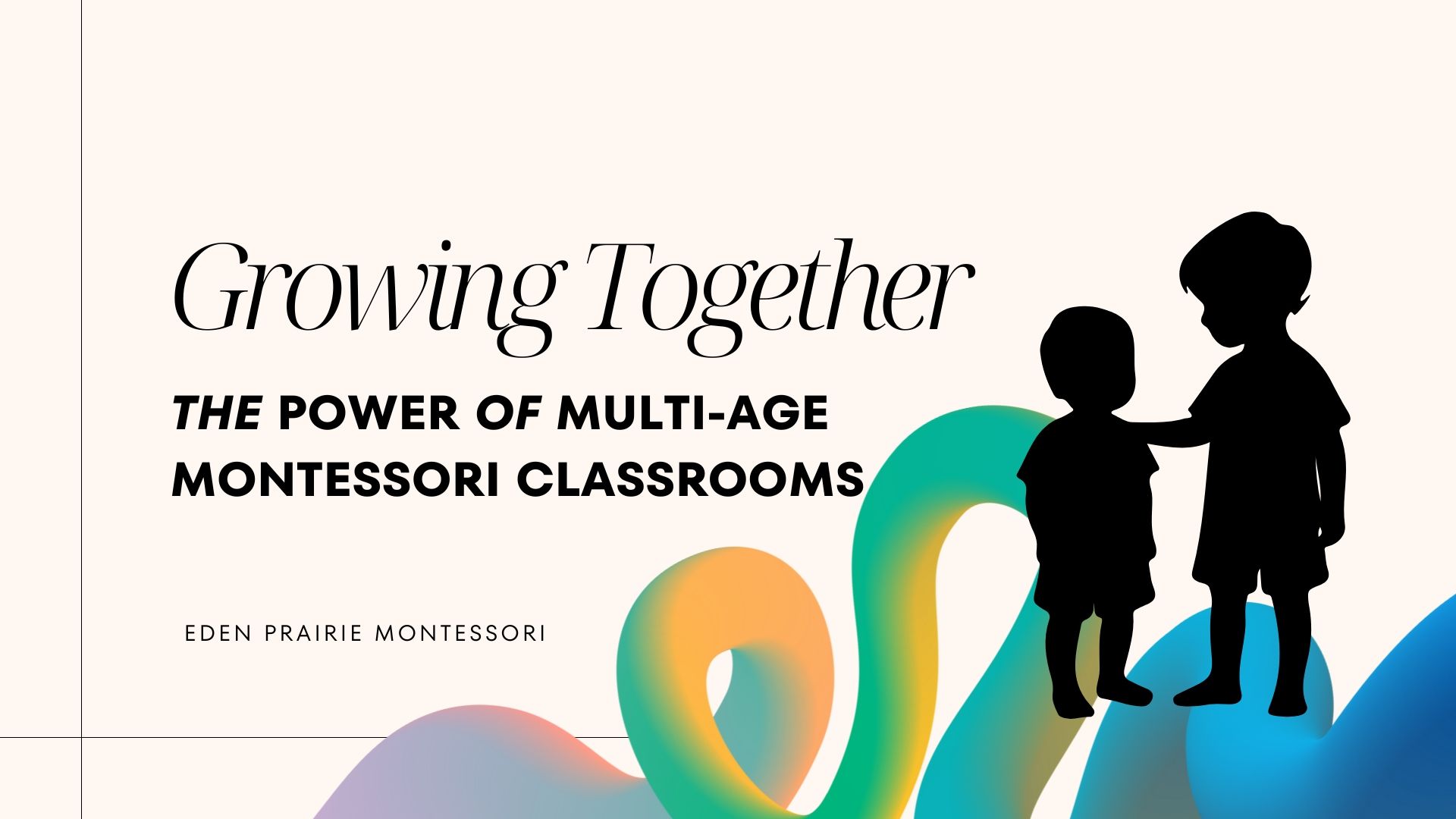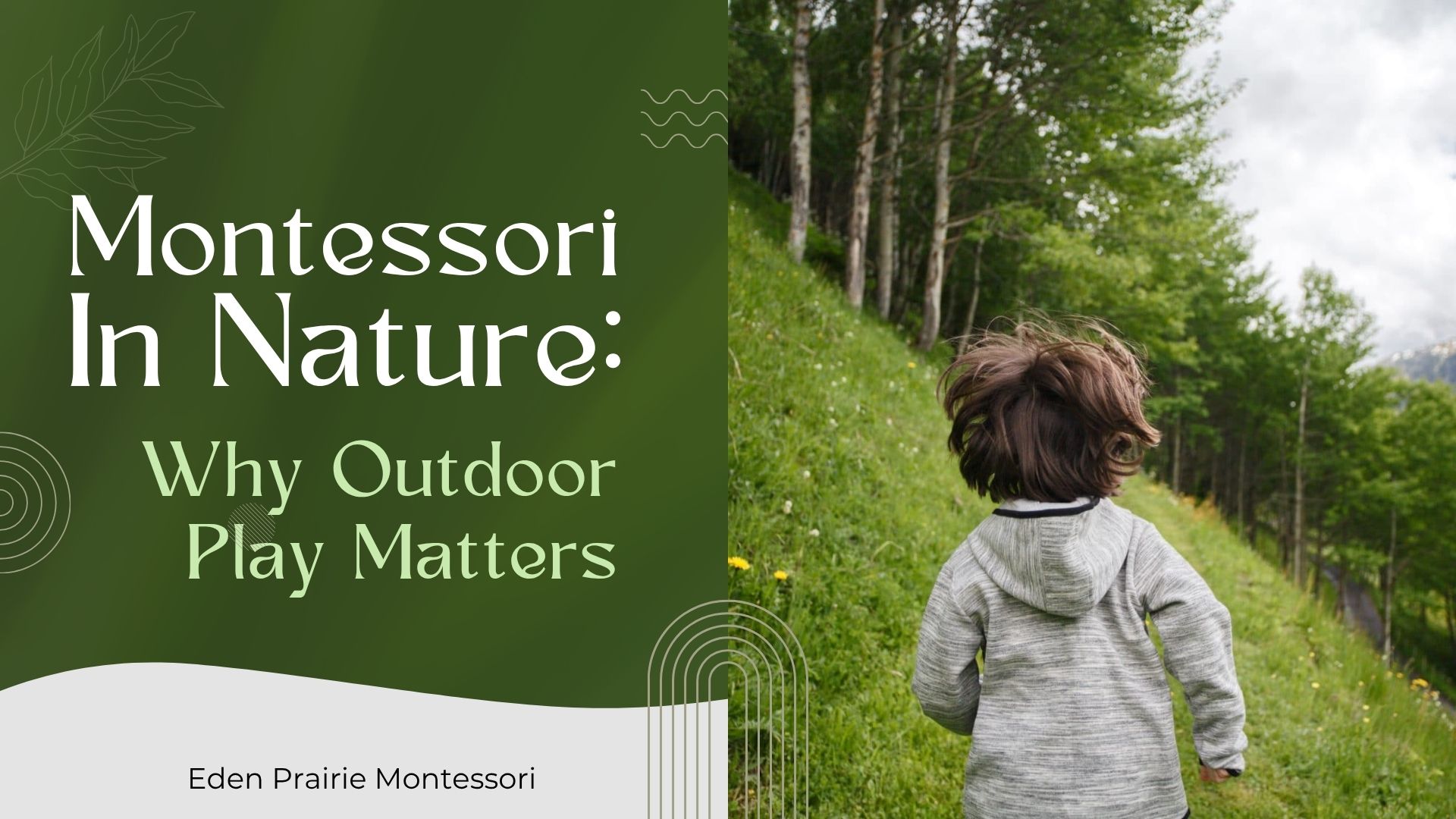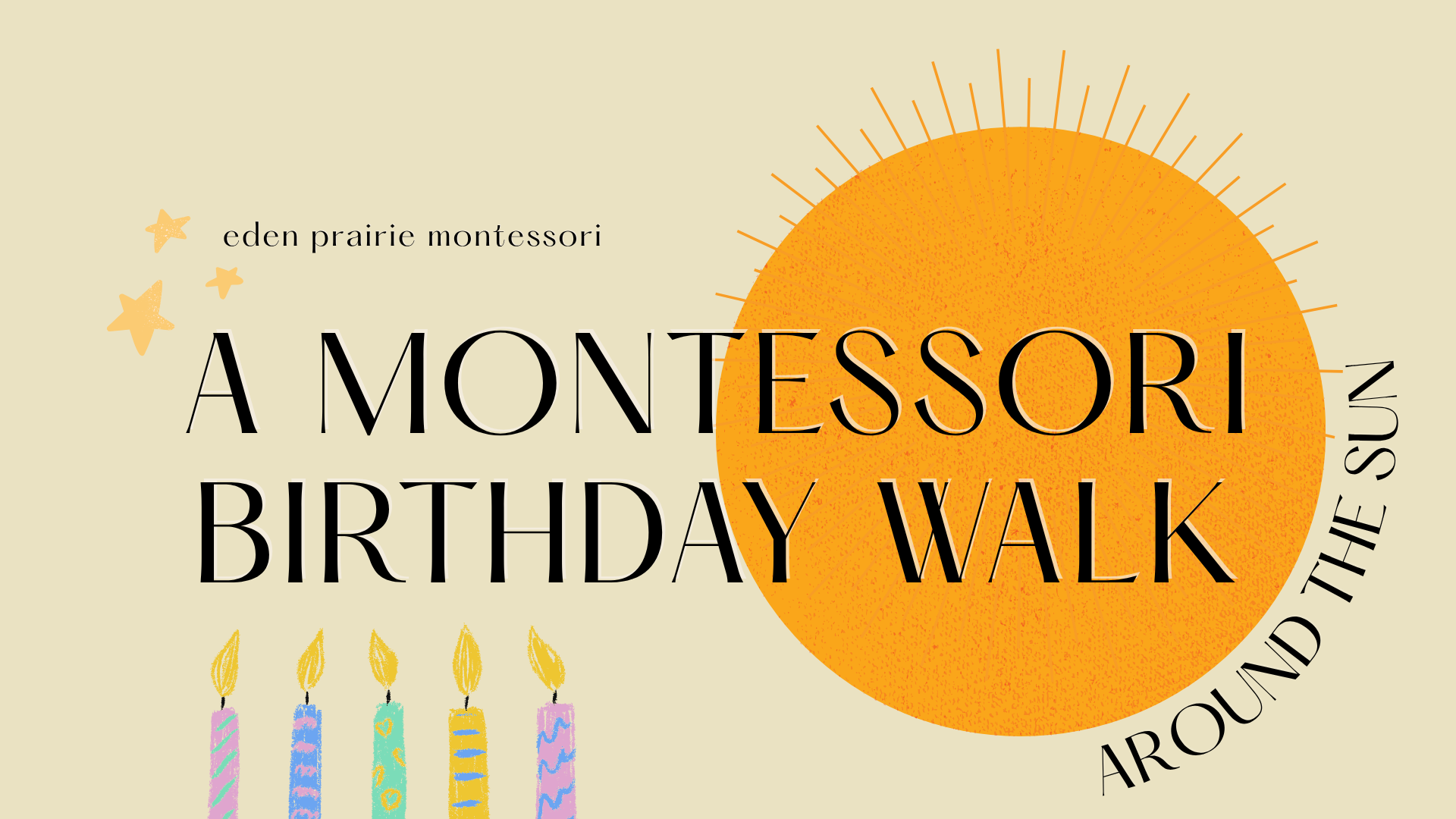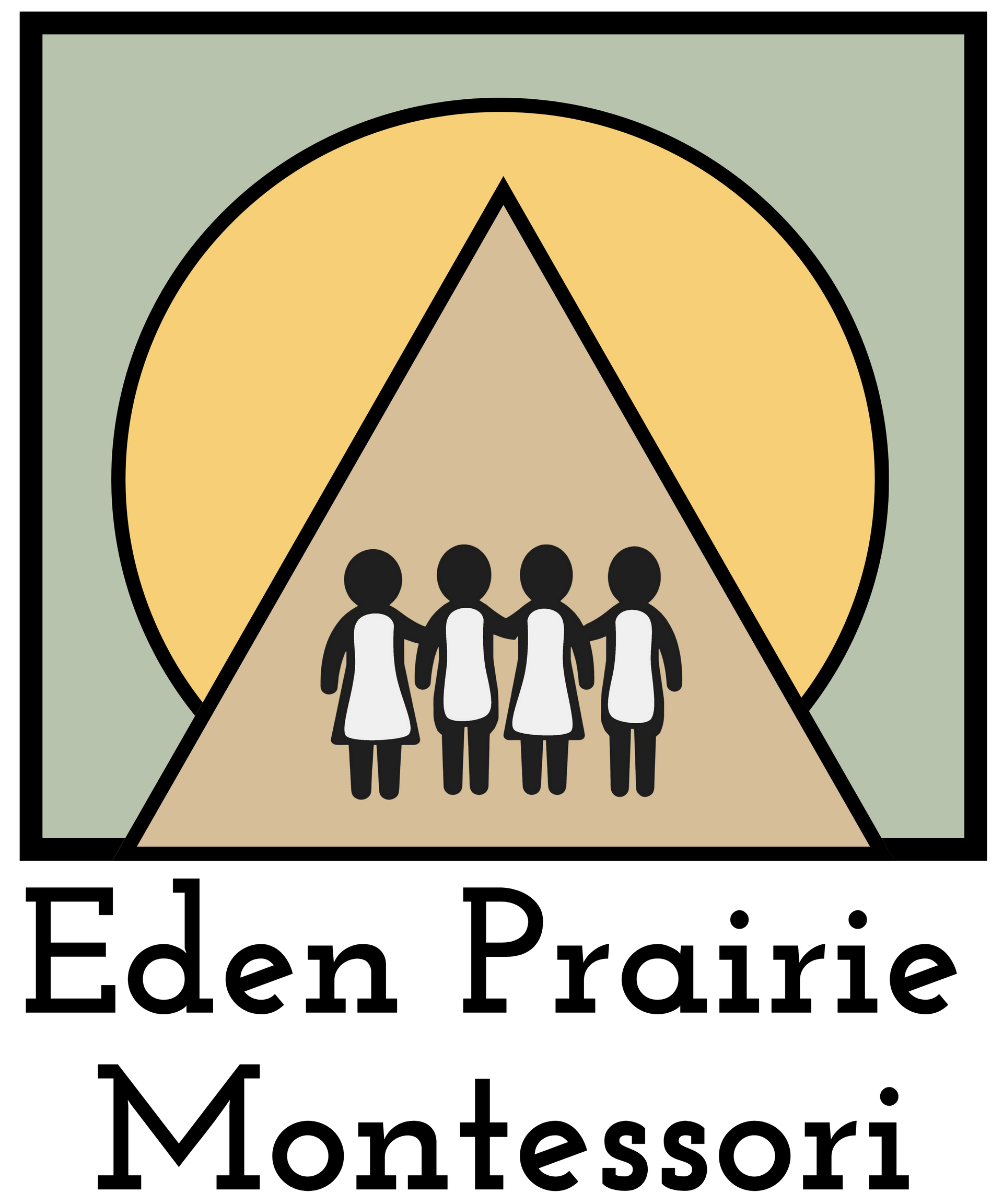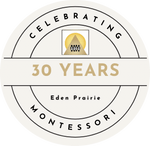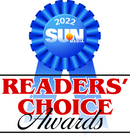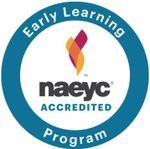Eden Prairie Montessori Learning Blogs
Montessori or Mainstream~ Foundations for the Future
Montessori or Mainstream~ Foundations for the Future
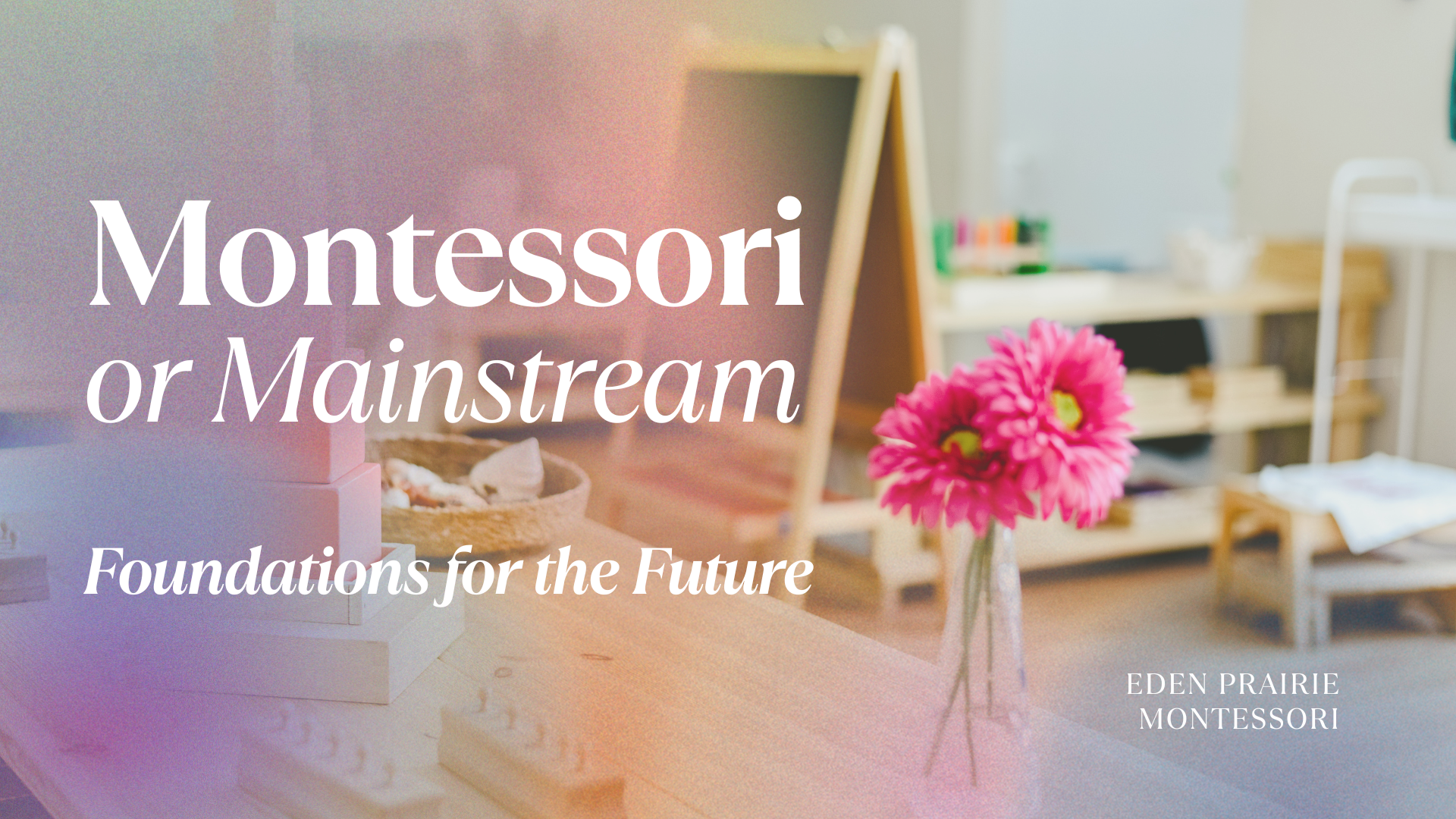
As a parent, you want to give your child the very best start. Early childhood education plays a powerful role in shaping how children learn and see the world! When exploring options you’ll likely come across two distinct approaches: Montessori and Mainstream (or Traditional) education. Each nurtures different skills, values and ways of thinking. At Eden Prairie Montessori we see firsthand how the Montessori method helps children thrive, and we’re here to offer a clear, thoughtful comparison to help you choose the path that feels right for your family...
1. Role of the Teacher: Guide vs. Instructor
- Traditional: The teacher leads the class, delivering collective lessons with set pacing and group repetition.
- Montessori: The teacher acts as a facilitator preparing materials, observing, and stepping in only when needed. Learning is often peer-led, with children modeling and teaching one another.
2. Class Composition: Same Age vs. Mixed Ages
- Traditional: Classrooms are segregated by age, promoting a uniform learning pace.
- Montessori: Mixed-age groups allow older children to mentor younger ones, strengthening leadership and reinforcing learning for both.
3. Curriculum Structure: Uniform vs. Personalized
- Traditional: A one-size-fits-all, teacher-led curriculum applies to the whole class.
- Montessori: Individual learning paths tailored to each child’s pace, interests, and developmental readiness.
4. Discipline: External Rewards vs. Inner Discipline
- Traditional: Behavior is regulated through external reinforcement. For example: awards or discipline.
- Montessori: Emphasizes self-correction and internal motivation using self-correcting materials and intrinsic satisfaction.
5. Learning Pace: Scheduled vs. Self-Directed
- Traditional: Teacher-determined pacing with structured lessons.
- Montessori: Children choose activities and work at their own pace, often for long, uninterrupted periods.
6. Movement: Restricted vs. Purposeful
- Traditional: Children remain seated and follow structured classroom routines.
- Montessori: Freedom of movement is encouraged; children can move thoughtfully within the environment, enhancing focus and engagement.
7. Materials: Abstract vs. Sensory-Rich
- Traditional: Learning driven mainly through paper and pencil.
- Montessori: Multi-sensory, hands-on materials facilitate exploration, concept-building, and self-correction.
8. Prepared Environment: Generic vs. Carefully Crafted
- Traditional: Typical preschool setups may include bright, overstimulating décor and plastic furnishings.
- Montessori: Classrooms are calm, orderly, and aesthetically pleasing, with natural materials, beauty, and simplicity. This creates a 'Prepared Environment' that invites exploration and respect.
9. Focus of Development: Narrow vs. Whole-Child
- Traditional: Emphasis on social development or academic achievement.
- Montessori: Cultivates cognitive, social, emotional, moral, and physical development, nurturing well-rounded learners.
10. Character & Peace Education
- Traditional: Often lacks structured moral or peace-based instruction.
- Montessori: Promotes empathy, conflict resolution, and global awareness. Practices like the “peace rose” tradition and "peace table" encourage respectful interactions and making amends.
11. Creativity & Artistic Expression
- Traditional: Art often follows prescribed projects, with limited room for open-ended exploration.
- Montessori: Art is process-oriented and creative. Children access materials freely, express themselves uniquely and are responsible for their creative work from start to finish.
12. Cultural & Multilingual Exposure
- Traditional: Cultural awareness and language exposure may vary widely.
- Montessori: Emphasizes multicultural understanding. Eden Prairie Montessori provides daily Spanish language learning from infancy onward.
13. Long-Term Outcomes: Short-Term vs. Enduring
- Traditional: Prepares for group-based performance and external validation.
- Montessori: Fosters independence, intrinsic motivation, executive functioning, and a lifelong love of learning. Montessori children generally transition well to traditional settings due to their strong foundation in reading, math, curiosity, and self-management
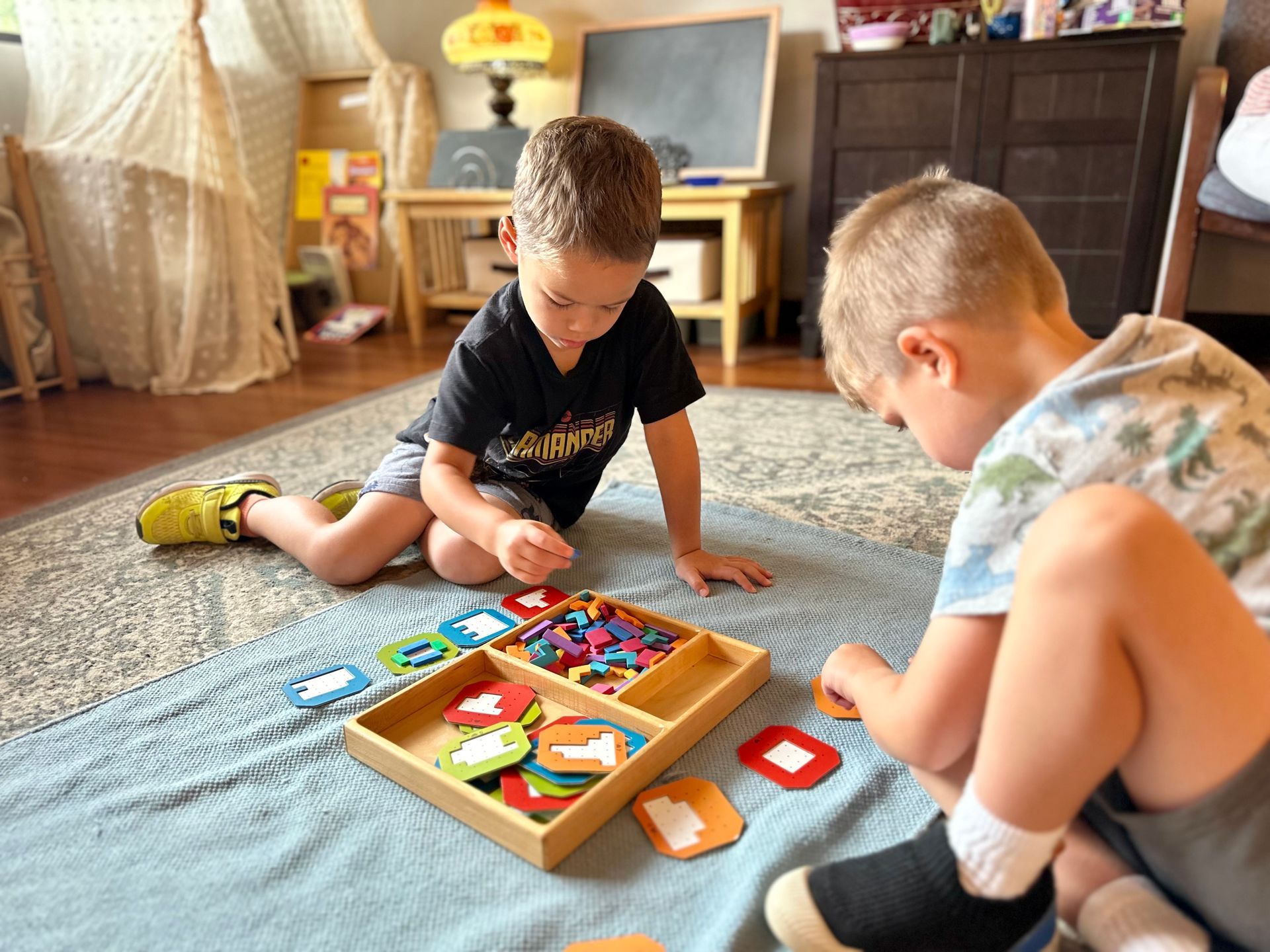
The Montessori approach, particularly as practiced at Eden Prairie Montessori, offers a transformative early learning experience. Children grow through hands-on, individual explorations, guided by thoughtful educators and an environment built to inspire. They emerge not just academically competent, but emotionally intelligent, creative, independent and compassionate.
Meanwhile, mainstream early childhood education prioritizes uniformity, teacher direction, and external validation. This traditional approach to education may not fully tap into a child’s unique potential.
Each method has benefits, but Montessori’s emphasis on autonomy, intrinsic motivation, and holistic development offers a compelling model for nurturing children who not only learn deeply- but love to learn!
See the Montessori Difference for Yourself
Choosing the right early childhood education for your child is one of the most important decisions you'll make. The best way to truly understand the Montessori difference is to experience it in person! At Eden Prairie Montessori, we invite you to walk through our calm, beautiful classrooms, observe our students in action, and meet the dedicated Montessori educators who guide them. Discover how our nurturing, child-centered environment helps children grow into confident, compassionate and capable learners.
Book a tour today and see firsthand how Montessori education can unlock your child’s full potential. We’d love to welcome you to our community!



